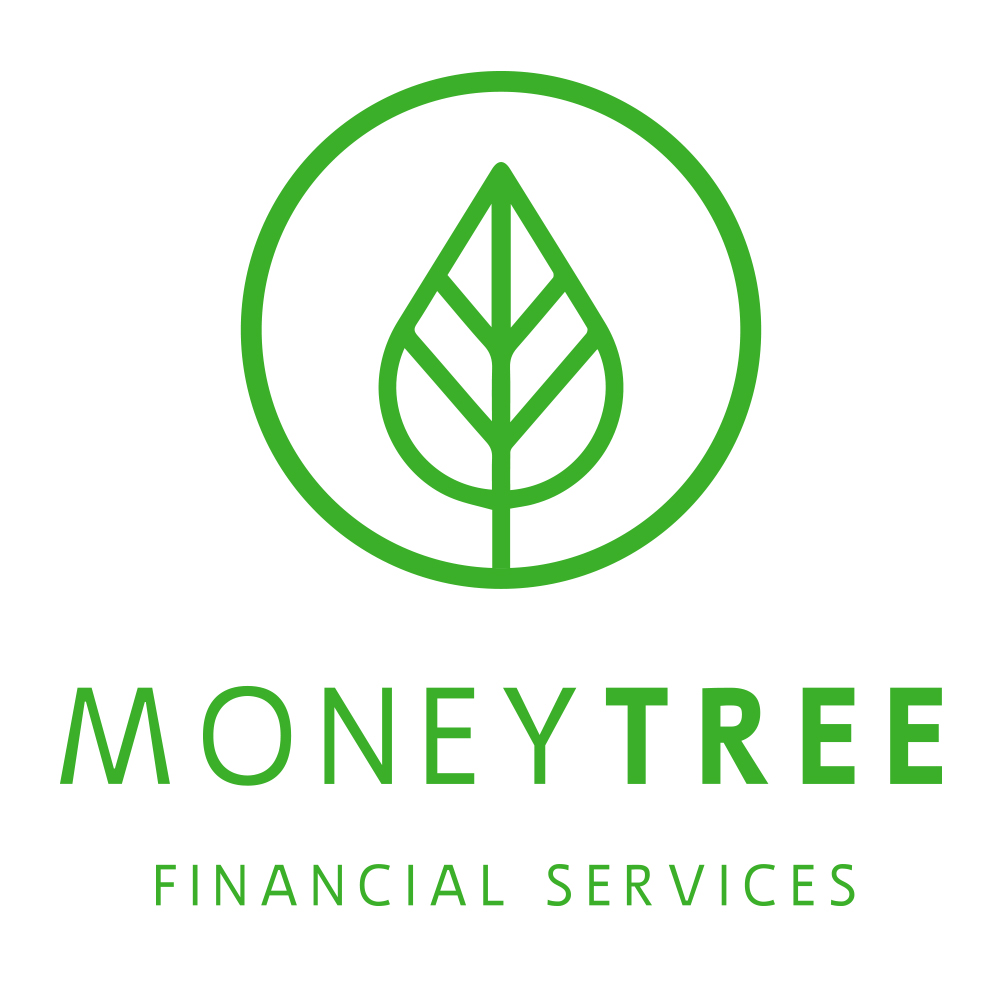1. Know your worth.
What’s your net worth? You might have a home and sizable financial accounts. But what are you worth once you subtract all your debts? This is one of the first things I ask new clients, and update at every review.
2. Use protection.
Are you taking the necessary steps to stop thieves from borrowing money using your identity? To protect yourself, regularly check your credit reports for errors and accounts you don’t recognize, and report to your bank immediately if you spot something.
3. Keep score.
What’s your credit score? With so many websites and financial institutions offering free scores, you don’t have to pay anything these days to find out where you stand.
4. Clear the card.
Do you carry a credit card balance? That ranks as one of the most foolish financial mistakes. On top of that, if your balances are large relative to your cards’ credit limits, you are likely hurting your credit score.
5. Get rewarded.
Are you using a rewards credit card for all daily spending? You should be getting at least 1% cash back or the equivalent in other rewards, such as travel points. Most loyalty schemes are terrible value, with higher prices and tiny rewards.
6. Student loan to value ratio.
The average student loan is $30k at graduation. But typical graduate salaries can range from $55,000 to well over $100k. Are your children taking on a reasonable amount of student loans, given their likely career earnings? As a rule, students should try to limit their total student debt to a proportionate amount relative to their likely income.
7. Take an interest.
Should you make extra principal payments on your mortgage? Even if you have a home loan with a rock-bottom interest rate and even with a tax deduction from your investment property, the interest you save by paying down your mortgage is likely greater than the interest you could earn by buying bonds and term deposits which add to your taxable income.
8. Stay in line.
Do you have a home equity line of credit? (In NZ this is known as a ‘revolving’ mortgage. If I did your mortgage, you probably have one.) The fees involved are typically modest and it could come in handy if you have a financial emergency. You might also use the credit line to pay off higher-cost debt, such as credit card debt, or to finance your next car purchase – just make sure you keep the regular payments the same or higher!
9. Be employable.
Is your job at risk? Some are predicting that technology or robots will replace many jobs. That may be so, but they won’t replace people, and they will create new jobs too. Change brings challenge, but also opportunity. The important thing these days is be employable rather than employed. It’s an important difference.
10. Thanks for your service.
Are you on track to be debt-free by retirement? Servicing debt in retirement could force you to take larger annual retirement-account withdrawals and to sell a winning investment. Massey’s research has shown that having a mortgage-free home can mean National Superannuation can provide a simple, modest lifestyle but paying rent or a mortgage in retirement is very uncomfortable. We may see more people using reverse mortgages over the coming decades.


